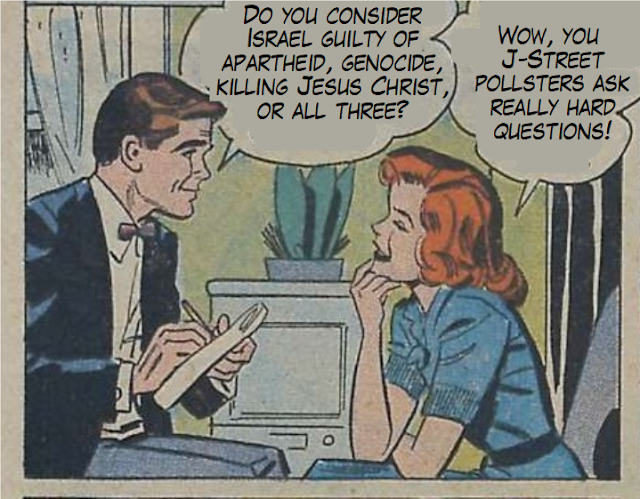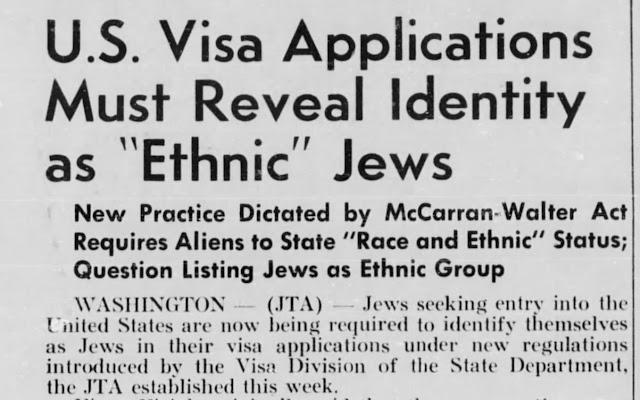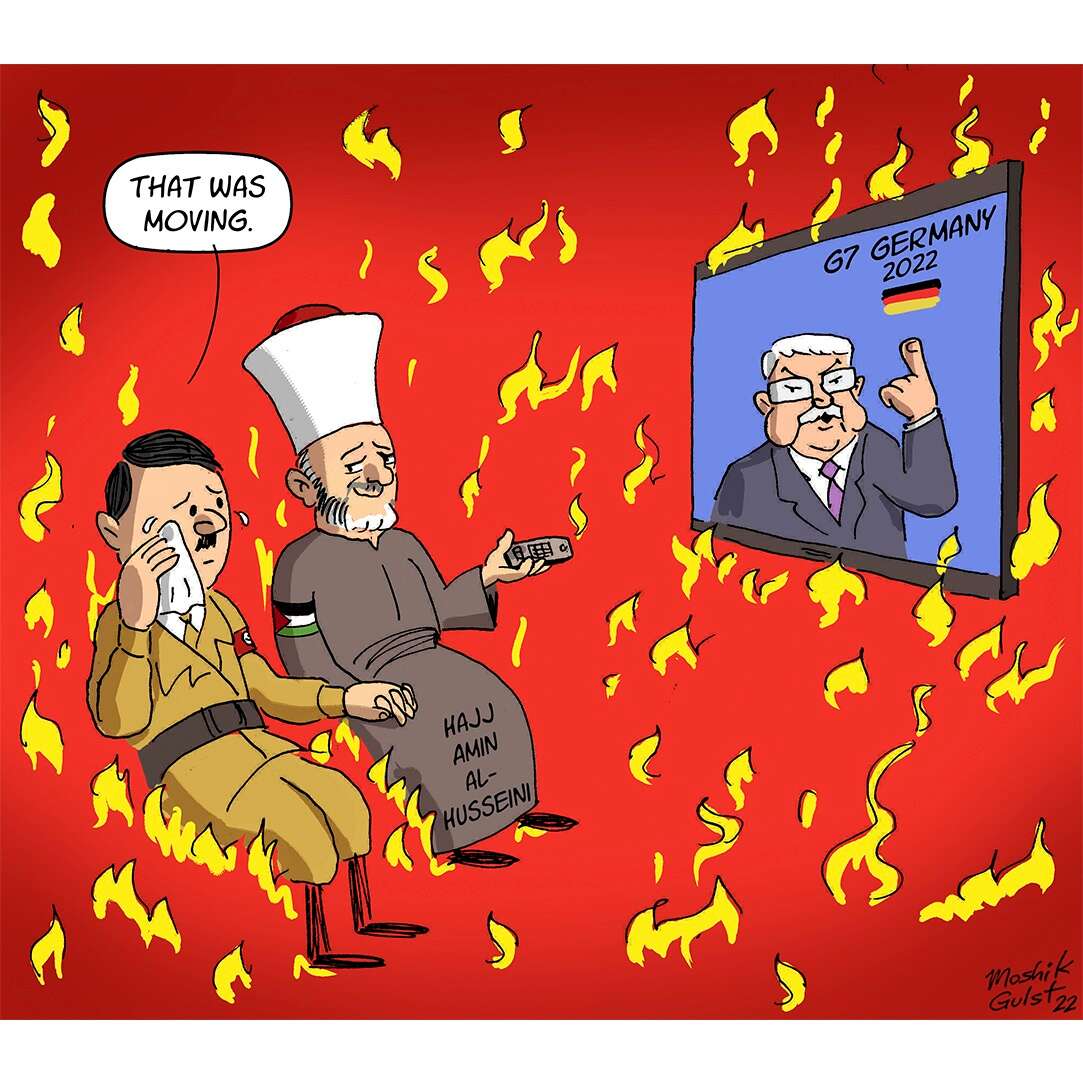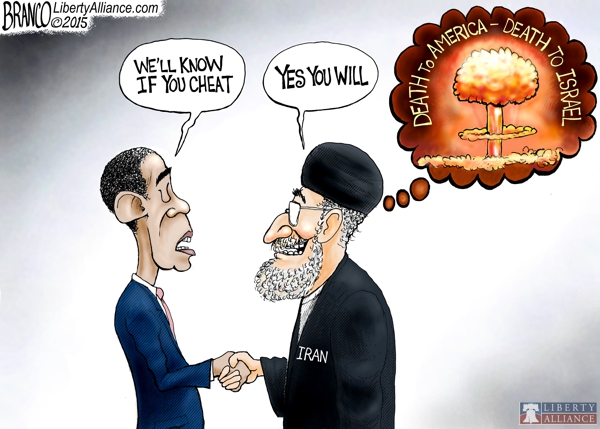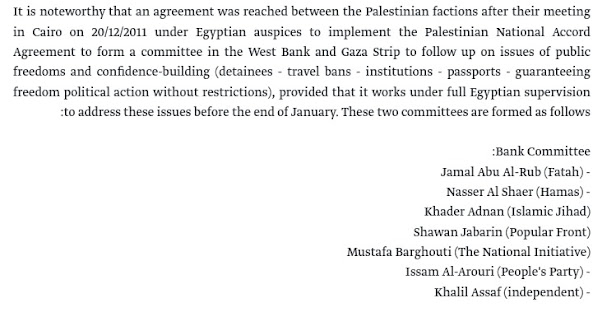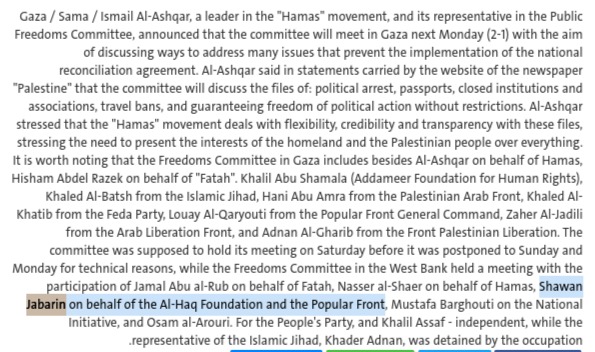Gil Troy: Theodor Herzl and the Jews’ Leap of Hope
Excerpted from the new three-volume set Theodor Herzl: Zionist Writings, the inaugural publication of the Library of the Jewish People edited by Gil Troy, to be published this August marking the 125th anniversary of the First Zionist Congress.How a Catholic-born Peruvian villager led hundreds to Jewish conversion – and Israel
Today, Theodor Herzl is best known for his beard, not his books, for an aha-moment he never had, for being an anti-anti-Semite rather than an idealist and for launching the Zionist movement in 1897—18 months after he released his history-changing Zionist manifesto. Despite this confusion, he remains Israel’s iconic founder, with George Washington’s mythic status, Thomas Jefferson’s ideological impact and Winston Churchill’s talent for memorable bon mots. One-hundred-and-eighteen-years after his tragic death at the age of 44, and 125 years after he convened the First Zionist Congress in August 1897, Theodor Herzl remains influential. His outsized shadow—and the true, complicated, multi-dimensional person behind the myth—are precisely why it is so important to read his Zionist writings in this new edition, which, quite fittingly, is also inaugurating the Library of the Jewish People.
It was a perfect match: The People of the Book got themselves a bookish savior. Theodor Herzl wrote articles, plays, novels, poems, manifestos, editorials, diary entries, stylish literary essays—feuilletons—and hundreds of letters. These volumes recreate his last 11 years as a Zionist leader. On these pages, Herzl works out his ideas, works through his problems, works his contacts and works himself to death trying to hustle a Jewish state into being. These pages demonstrate that Herzl was not just another bookish Jew. As a proud Jewish nationalist seeking to revive the independence Jews celebrate at Hanukkah, he was also a Maccabean—a fighting Jew—a Jew with a spine and spunk, not just a Jew with a mind and soul.
The diaries’ rollicking, free-flowing nature make them among the most easily misquoted and misunderstood sources in the Zionist canon. Anti-Zionists frequently rifle through Herzl’s writings, cherry-picking an entry here, a phrase there, to indict the entire Zionist enterprise as “ethno-nationalist,” “racist,” “imperialist,” “colonialist” or in today’s popular phrase “settler-colonialist.” These volumes confirm that the often vain, petty, thin-skinned and imperious Herzl was not perfect and very much a turn-of-the-century European. Nevertheless, this historical scavenging tells us little about Herzl’s Zionism and much about Zionism’s enemies—who daily demonstrate Herzlian Zionism’s biggest failure: It did not end anti-Semitism.
The diaries record the cascade of feelings and ideas as Herzl’s Zionism evolves. He shifts from imagining a novel explaining his vision to drafting a manifesto charting out the Jewish future to trying to make his dreams come true. It is a brainstorming book, which is why extracting one line here or there to define the man or the movement distorts the diaries’ freewheeling, free-associational character. Day after day, Herzl’s Jewish consciousness and self-importance grow, along with his doubts. His life has become a high-wire act, with big ideas, great thrills and historic stakes.
In 1948, a 21-year-old Peruvian mestizo man named Segundo Villanueva opened up his murdered father’s trunk for the first time. It had been passed down through the generations of men in his family.'Germany should send money to families of Munich victims rather than Palestinians'
He was shocked to find an old copy of the Bible. He couldn’t understand what it was doing there, as his family was Catholic and thus forbidden from owning Bibles. Only priests were allowed to read the holy book and convey its contents to the people, he understood.
This odd discovery changed the course of Villanueva’s life, taking it on a highly unlikely arc from Rodacocha, a small hamlet in the Andes where he was born in 1927, to the ancient Jewish cemetery on the Mount of Olives in Jerusalem, where in 2008 he was buried under the name of Zerubbabel Tzidkiya.
Because Villanueva dared to open up that forbidden Bible and read it, he eventually ended up an observant Jew — after first trying out several lesser-known Christian and syncretic religious identities.
Villanueva took many others along with him on his single-minded journey to understand the word of God as written in the Hebrew Bible. His genuine, unending search for the truth resulted in hundreds of Peruvian families converting to Judaism and living in Israel. They arrived in three small waves of aliya (immigration) between 1990 and 2006.
“This is one of the most fascinating stories I have come across as a journalist,” said Argentinian-born journalist and author Graciela Mochkofsky, who delved into it for many years.
Mochkofsky’s piecing together the events of Villanueva’s life, and those of his family members and followers, resulted in “The Prophet of the Andes: An Unlikely Journey to the Promised Land,” published on August 2.
Former German parliamentarian Volker Beck proposed a creative idea this week to resolve the crisis regarding the compensation to the families of 11 Israeli athletes who were killed at the 1972 Summer Olympics in Munich by members of a Palestinian group.
After Palestinian Authority President Mahmoud Abbas accused Israel of committing "50 Holocaust" against Palestinians while in Germany, and refused to apologize for his remarks, Beck who heads the German-Israeli Parliamentary Friendship Group – called on the government to transfer the funds earmarked as Palestinian aid to the families of the Israeli athletes instead.
He stressed that according to Olympic security officials, Abbas was involved in the preparations for the 1972 attack and apparently even financed the operation.
Since Abbas' scandalous remarks at the joint press conference with German Chancellor Olaf Scholz, Germany has increasingly been called on to impose sanctions on the PA and decrease its aid to the Palestinians.
Between 2021 and 2022, Berlin has sent Ramallah around 340 million euros. The German Foreign Ministry said it does not intend to decrease the funds. It is unclear how much of the aid comes from the German government directly as political foundations and aid and civil organization also contribute. The information is defined by the Bundestag as a "state secret."
Relatives of the murdered Israeli athletes have long criticized how German authorities handled the attack and this year announced they would boycott the upcoming memorial ceremony in Munich to mark the 50th anniversary of the massacre due to Germany's "degrading compensation offer."
German President Frank-Walter Steinmeier has been working on a compromise between the parties that would prevent Germany from being humiliated at the memorial ceremony due to being boycotted by Israel.



